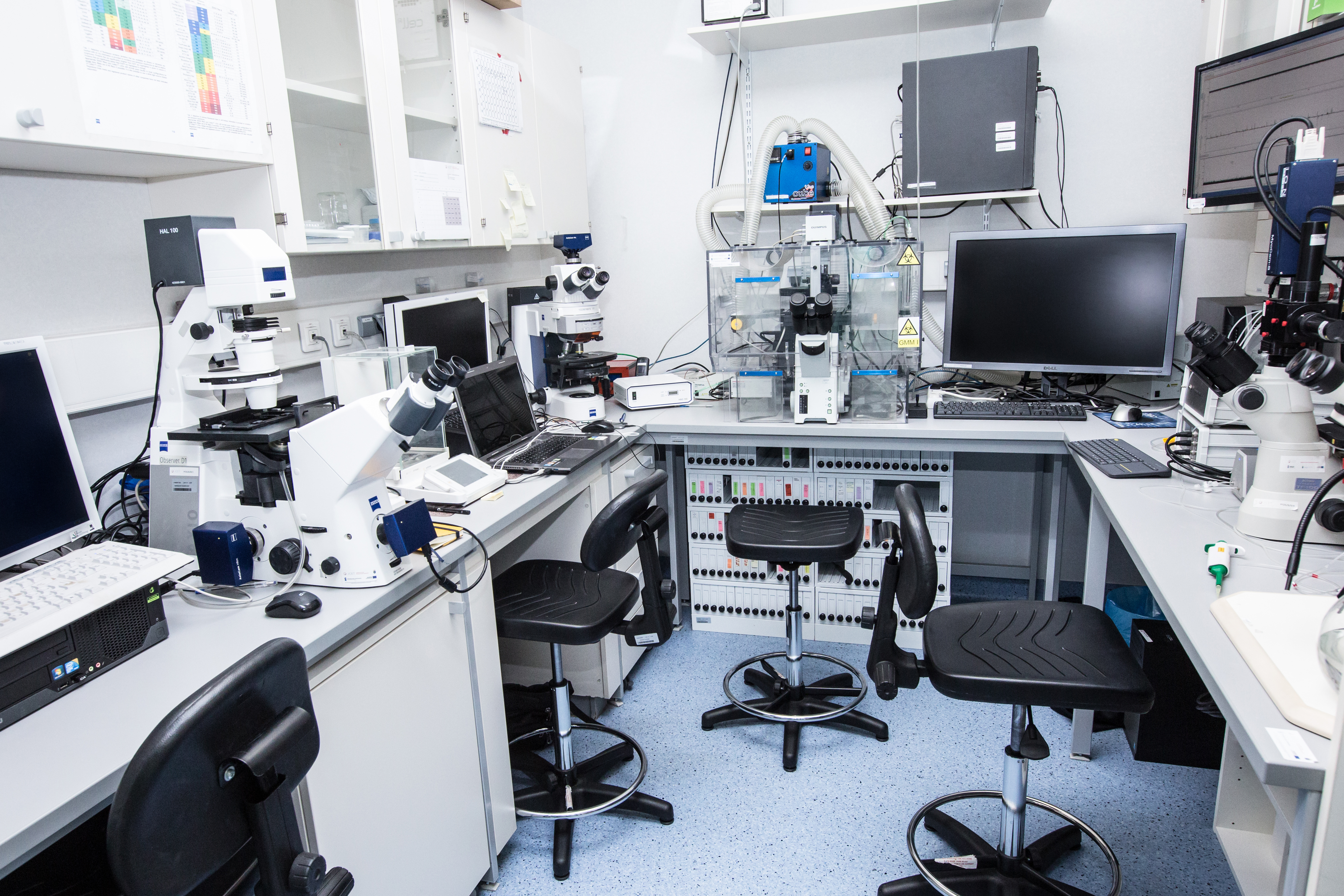Ph.D. Programme in Biomedical Sciences is a programme of the Doctoral School of Exact and Natural Sciences with a strong interdisciplinary, international, inter-sectoral research and training dimension.
The programme covers various areas of biology (synthetic, structural, molecular, cellular, developmental) and medicine (studies on endothelium) and utilises plants, viruses, bacteria, invertebrates, and vertebrates.
Training will be focused on the interests and expertise of researchers working at the Malopolska Centre of Biotechnology (MCB), Jagiellonian Centre for Experimental Therapeutics (JCET) and National Synchrotron Radiation Centre (SOLARIS).
Successful applicants will then work in at least one of the three excellent and interdisciplinary institutes – MCB, JCET or SOLARIS. The institutes are staffed by international world-class scientists and are publishing research at the highest level.
Students offered a place in our funded Ph.D. programme will obtain full financial support regardless of nationality. Since our studentships are extremely competitive, we also encourage you to seek your own funding.
The programme is run in English, either in an eight-semester or in six-semester system.
During their Ph.D., students are expected to attend training courses in transferable and general research skills, participate in the students' and outreach activities, present their work regularly and attend seminar. More information about the programme can be found here.
Detailed terms and procedures of admission
Required documents [in English language only]
Recruitment schedule:
- Opening of the competition: 09.11.2021
- Application submission deadline: 28.11.2021
- Entrance exams: 08-09.12.2021
- Announcement of results: 10.12.2021
- Enrollment: 20-21.12.2021
- Enrollment: (reserve list): 22.12.2021


